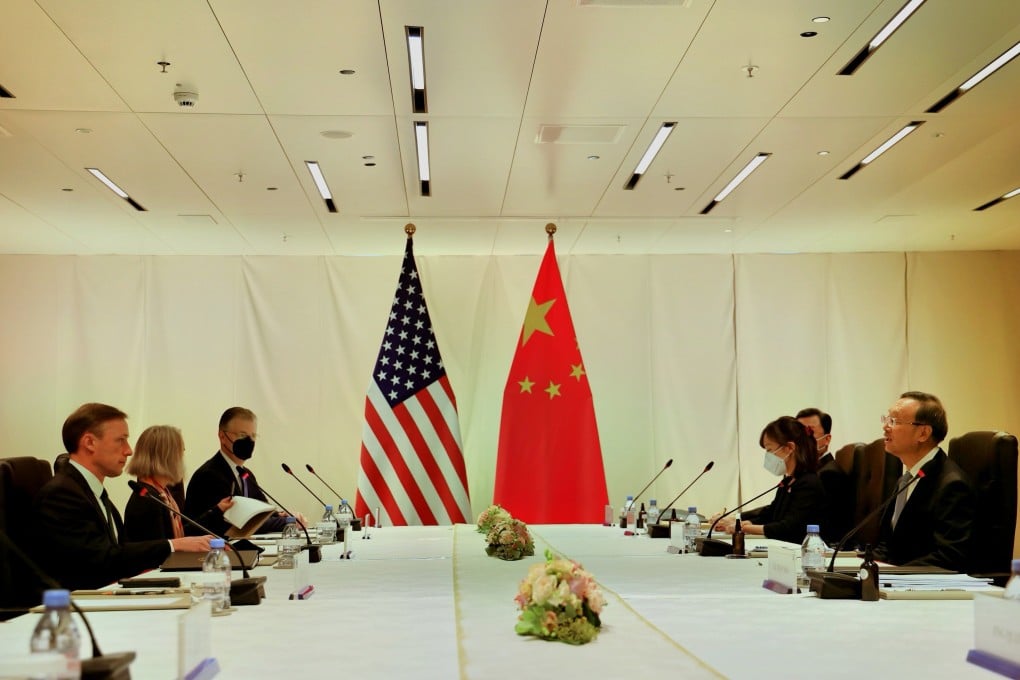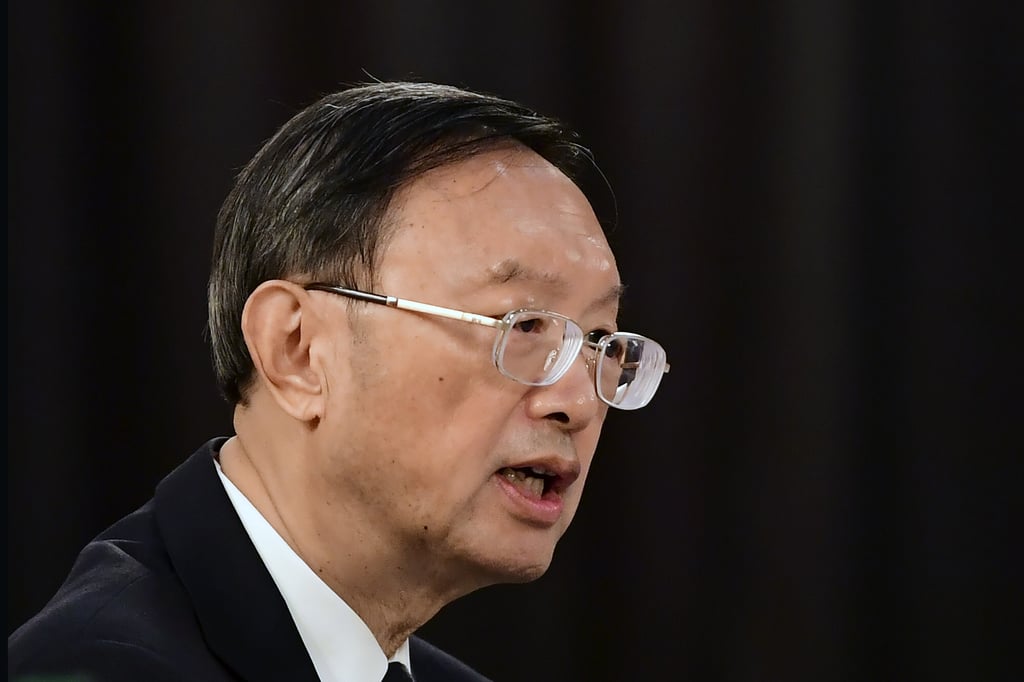Ukraine war: US-China talks focus on Beijing’s support of Russia
- US National Security Adviser Jake Sullivan tells Chinese foreign policy head Yang Jiechi China will face ‘significant consequences’ if it gives Russia military or other help
- China has denied US media reports that Moscow had asked it for weapons and financial support

For seven hours, Yang and Sullivan discussed a full range of tensions now dividing Washington and Beijing, US officials said, but they focused extensively on Ukraine, with the US warning that China would face serious consequences if it backs Russia in the war.

“What we have conveyed – and what was conveyed by our national security adviser in this meeting – is that, should they provide military or other assistance that of course violates sanctions or supports the war effort, that there will be significant consequences,” White House spokeswoman Jen Psaki said.
The comments were the latest sign that Russia’s invasion of Ukraine late last month has injected even more distrust into Washington’s already tense relationship with Beijing. They came amid reports that Moscow had asked Beijing for military and financial assistance in the war.
Psaki declined to discuss the form punitive measures might take, but she indicated that they would be initiated by the US and carried out in coordination with allies.
“It’s less about changing their mind [about the nature of their relationship with Russia] and more about making clear with them what the consequences would be should they take additional actions to support this invasion,” she said.